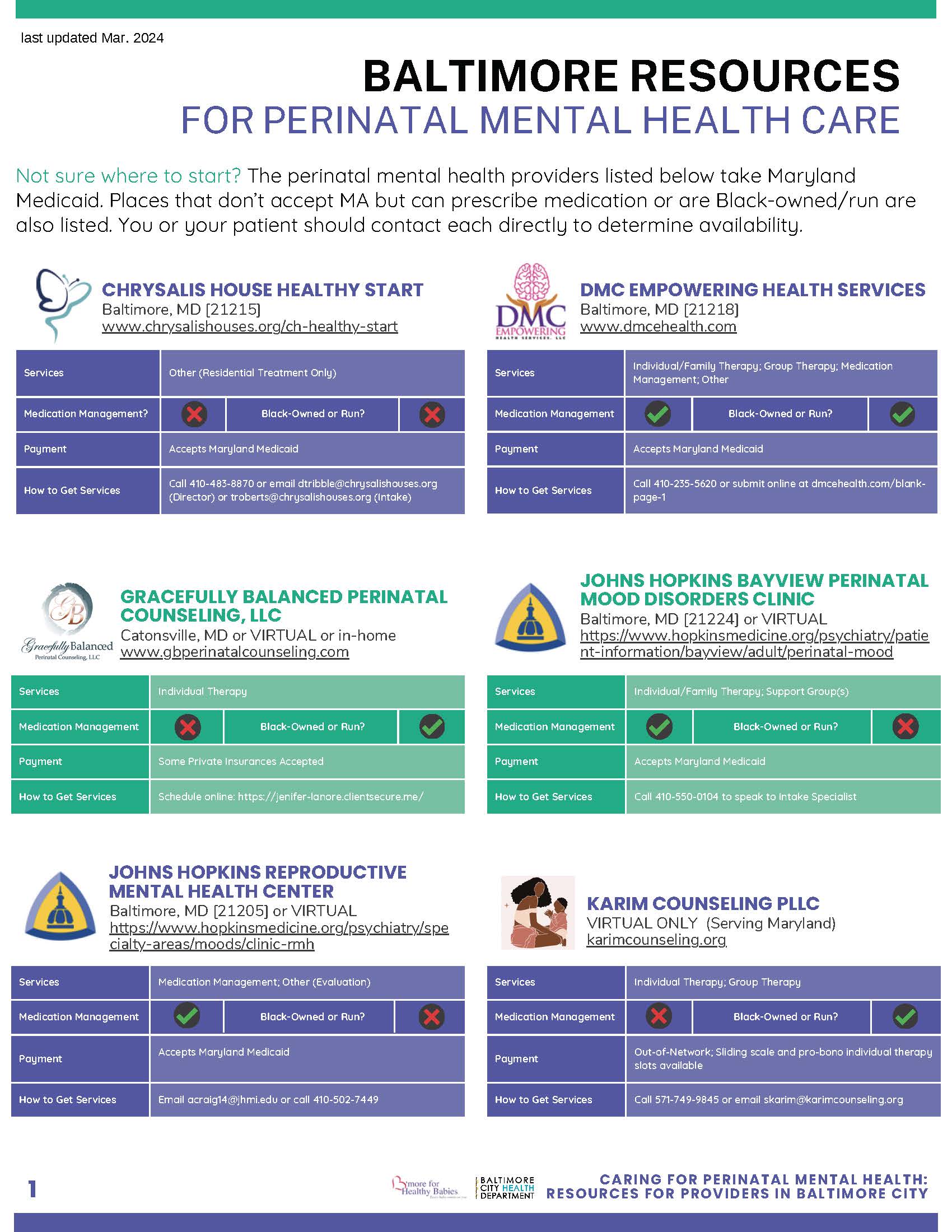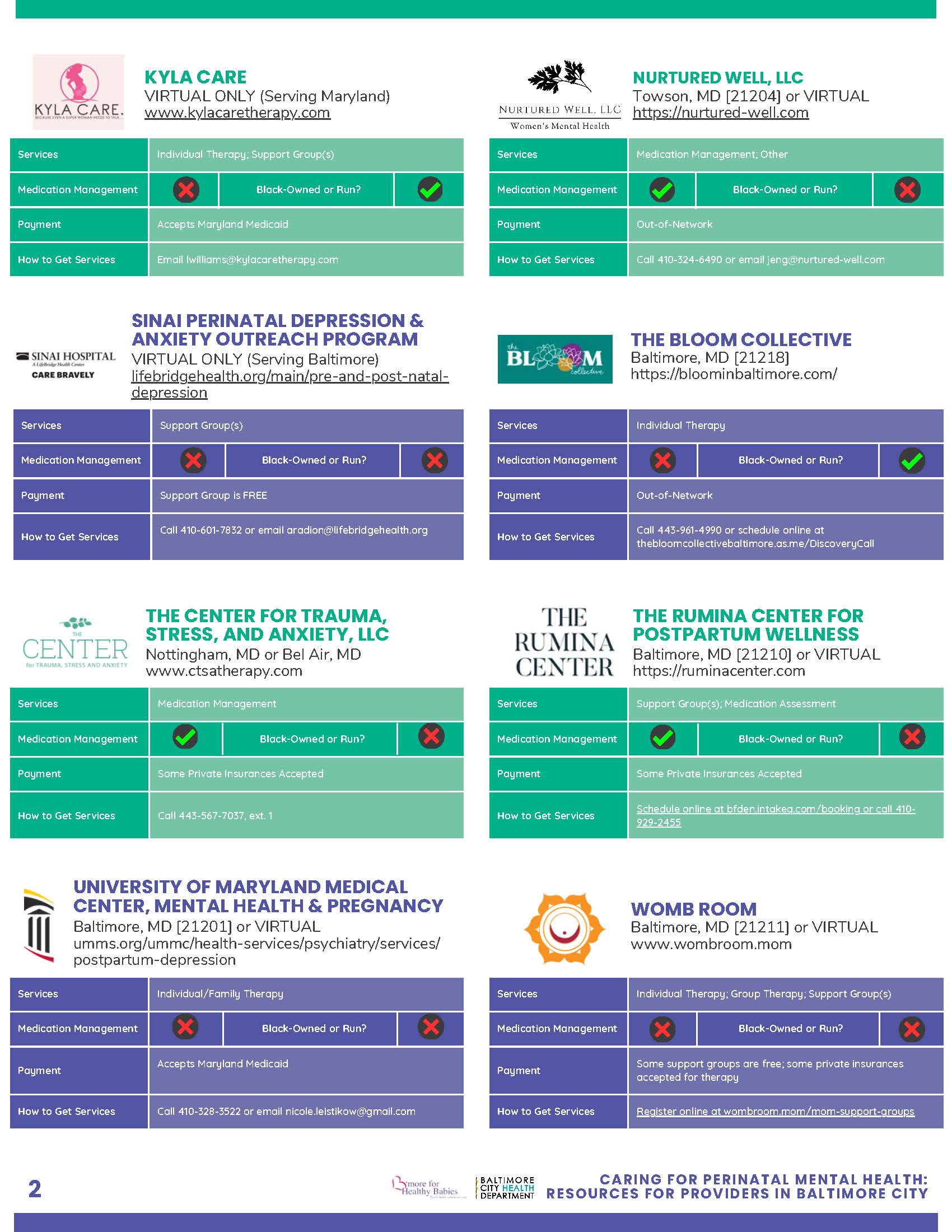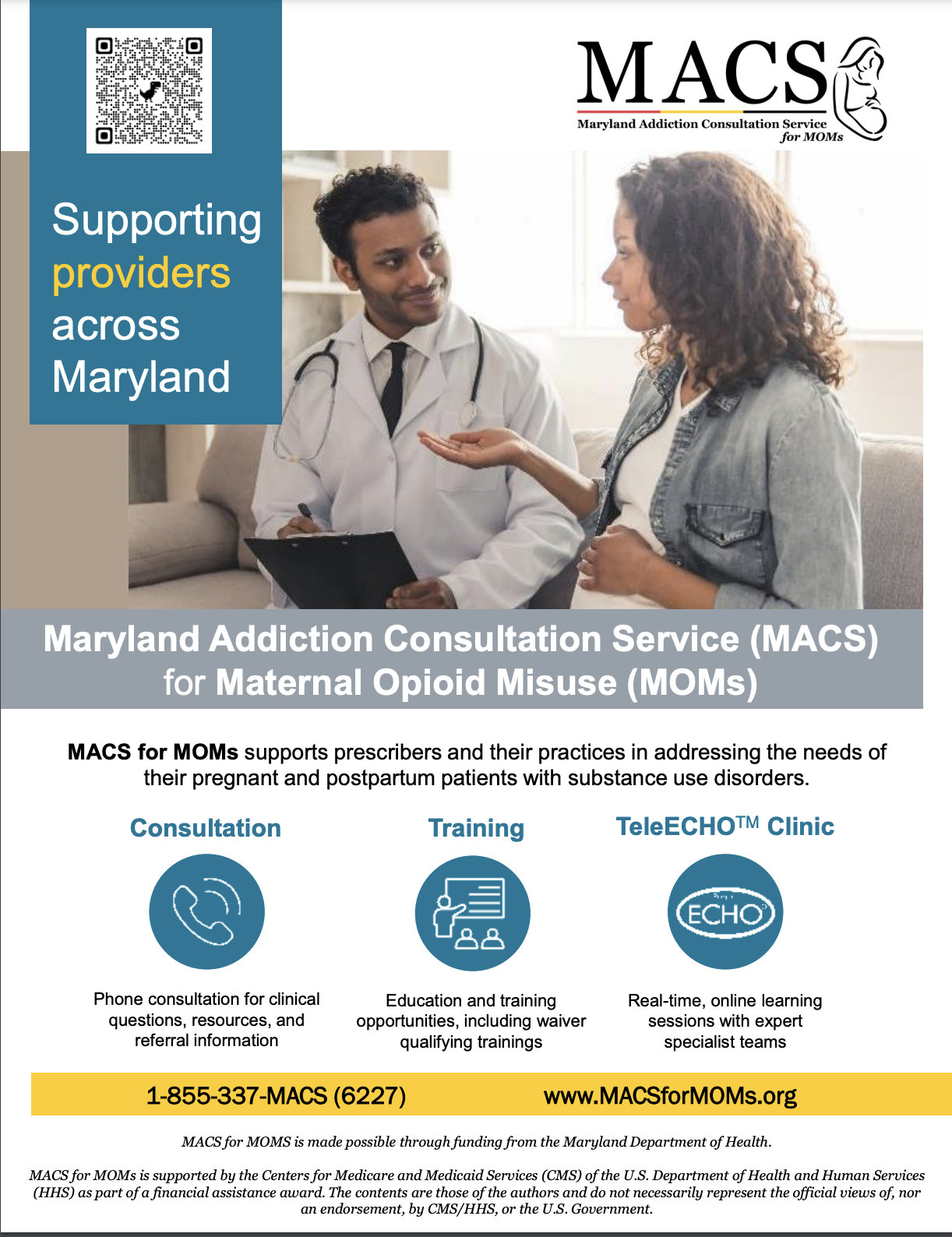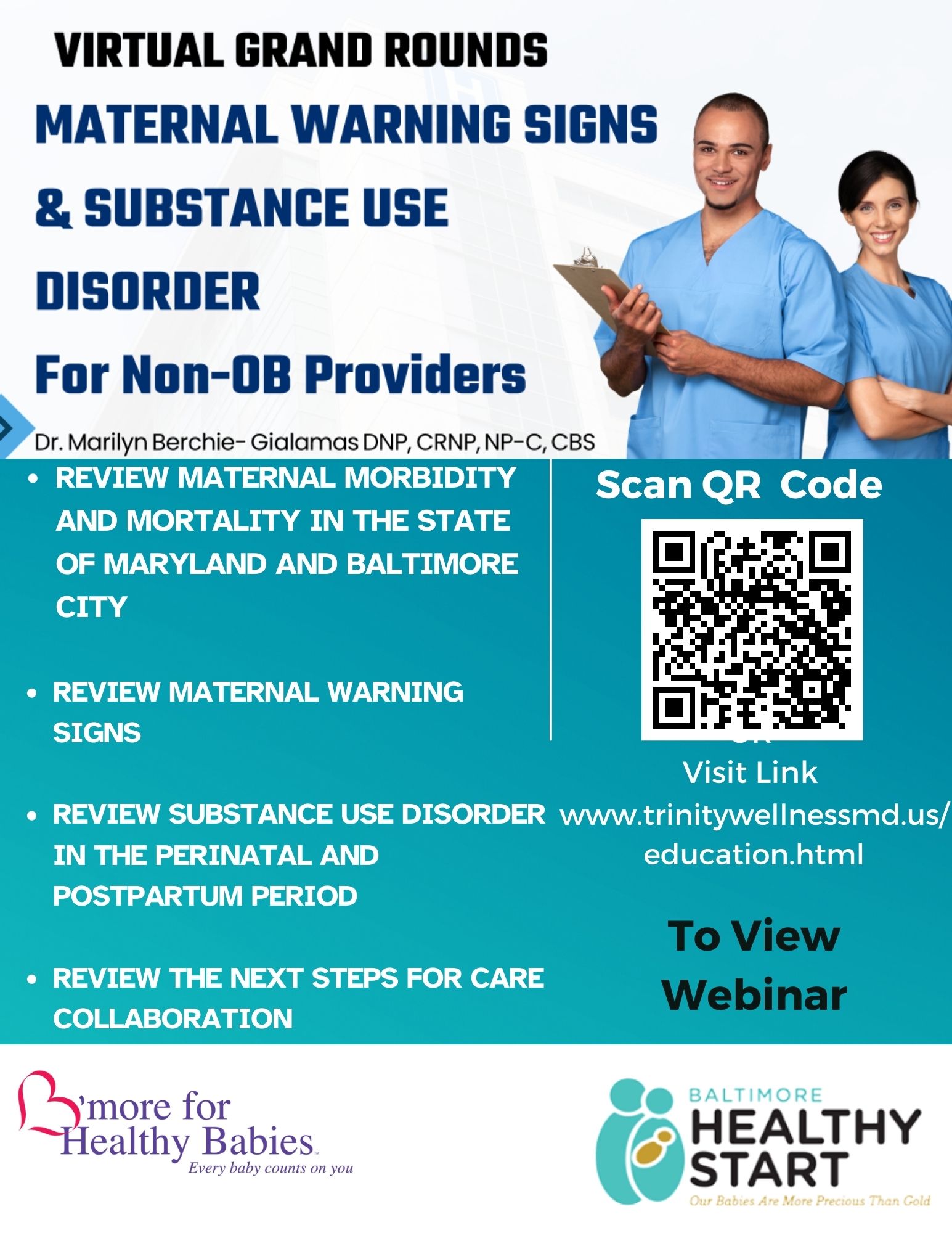SEN Resources
General Info
National Institute of Drug Abuse (NIDA) : https://www.drugabuse.gov
Treatment information page: https://www.drugabuse.gov/publications/drugfacts/treatment-approaches-drug-addiction
Substance Abuse and Mental Health Services Administration’s (SAMSHA) evidence-based practices resource center: https://www.samhsa.gov/ebp-resource-center
Toolkit on Substance and Pregnancy – This comprehensive toolkit reviews numerous topics related to substance use and pregnancy, including but not limited to trauma informed care, MOUD (medication for opioid use disorder), stigma, breastfeeding, & involvement with CPS. Please note some information discussed is based on New York laws, data, statistics, etc. https://issuu.com/harmreduction/docs/pregnancy_and_substance_use-_a_harm_2fa242e7fb6684
NIDA Substance Use While Pregnant & Breastfeeding Webpage: https://nida.nih.gov/publications/research-reports/substance-use-in-women/substance-use-while-pregnant-breastfeeding
Academy of Perinatal Harm Reduction - https://www.perinatalharmreduction.org/
National Harm Reduction Coalition - https://harmreduction.org/
Drugs and Lactation Database - https://www.ncbi.nlm.nih.gov/books/NBK501922/
State policy information: Information on reporting, testing, targeted treatment programs for substance use in pregnancy https://www.guttmacher.org/state-policy/explore/substance-use-during-pregnancy#−
Drug Use and Unborn Babies - https://easyread.drugabuse.gov/content/drug-use-hurts-unborn-babies
SAMHSA YouTube Playlist “Treatment for Opioid Dependence During Pregnancy”
NOVA (PBS) Documentary "Addiction: discover how opioid addiction affects the brain and how evidence-based treatments are saving lives." (Approximately 1 hour)
https://www.pbs.org/wgbh/nova/video/addiction
MHAMD's Healthy New Moms program continues to compile and update PMAD resources for both families and providers.
- Resources for Providers — a list of scientific articles about PMAD prevalence, risk factors, treatment options, and more.
- Visit Preparation Resource — designed to support conversations with a health care provider by noting issues to discuss ahead of an appointment and ensuring important information is readily available.
Hotlines
National Maternal Mental Health Hotline - 1-833-9-HELP4MOMS
24/7, free, confidential support, resources, and referrals to any pregnant and postpartum mothers facing mental health challenges and their loved ones. The service is available via phone and text in English or Spanish. Call or text 1-833-9-HELP4MOMS (1-833-943-5746) to connect with counselors at the National Maternal Mental Health Hotline. Go here to learn more.
SAMHSA National Helpline - 1-800-662-4357
Confidential free help, from public health agencies, to find substance use treatment and information. Learn more
American Addiction Centers Substance & Drug Use Hotline - (866) 255-8836
Maryland Tobacco Quitline: 1-800-QUIT NOW (1-800-784-8669) OR TTY: 1-877-777-6534
Website: www.smokingstopshere.com
Treatment Locators
SAMHSA’s national behavioral health treatment locator
https://findtreatment.samhsa.gov/
SAMSHA’s National helpline – 24 hour information and referral line: 1-800-662-HELP (4357)
Maryland 211 - community resources and treatment centers for substance abuse, mental health and other services including housing, food and legal assistance
Psychology Today Treatment Finder: https://www.psychologytoday.com/us/treatment-rehab/md/baltimore?category=substance-abuse
Recovery Programs MD
Hope House Treatment Centers
26 Marbury Drive
Crownsville, MD 21032
(410) 923-6700
419 Main Street, Laurel, MD 20707
(301) 490-5551
http://hopehousemd.org/
Maryland Addiction Recovery Center
8600 LaSalle Road Carroll Building, Suite 212
Towson, MD, 21286
(410) 773-0501
https://www.marylandaddictionrecovery.com/
Bayview Addiction Medicine Unit: For pregnant people who want stabilization or withdrawal management (“detox”).
4940 Eastern Avenue
Baltimore, Maryland 21224
(410) 550-1910
Center for Addiction & Pregnancy (CAP): For pregnant people who want coordinated health care services, incl. housing.
5200 Eastern Avenue
Mason F. Lord East Tower, 6th Floor
Baltimore, MD 21224
(410) 550-0051
If difficulty, contact Cassie Alleman at 410-550-3034 or callema3@jhmi.edu
Ashley Treatment
800 Tydings Lane (Main Campus)
Havre de Grace, MD, 21078
(800) 799-4673
https://www.ashleytreatment.org/contact-us/
Klien Ambukatory Care Center (IOP)
520 Upper Chesapeake Drive, Suite 304
Bel Air, MD, 21014
(800) 799-4673
https://www.umms.org/uch/locations/the-klein-family-harford-crisis-center
Union Hospital Professional Building (IOP)
111 W. High Street Suite 109
Elkton, MD, 21921
(800) 799-4673
https://www.ashleytreatment.org/
UMD SUPPORT Clinic: For preconception, pregnant, and early postpartum people who want outpatient services. OB practice focused on patients with SUD. Services include: OB and GYN care, Buprenorphine prescribing, Social work, OB Peer Recovery Coach.
120 Penn St
Baltimore, MD 21201
(410) 706-2500 (specify referral is for Dr. Katie Mark’s SUPPORT Clinic)
If difficulty, contact Katie Mark directly at kmark@som.maryland.edu
UMD Health and Recovery Practice: Offers comprehensive care for people who use or have previously used drugs. Services include: Preventive screening, Women’s health, Behavioral health med management, Infectious disease treatment, & Wound care. Accepts Medicaid. Drop-in OK M-F 7am to 3pm.
1001 W Pratt St
Baltimore, MD 21223
443-462-3461 (HARP) or kate.dunn@som.umaryland.edu / aringwala@som.umaryland.edu
443-462-3694 (buprenorphine or methadone treatment only)


Women & Children Programs
The following are Substance Use Recovery Programs that allow women to bring their children with them during their stay.
Family Recovery Program (FRP)
239 N Gay Street
Baltimore, MD 21202
(410) 605-0492
http://frp-inc.org/
*for Baltimore City residents only
Mountain Manor Treatment Center (Safe Harbor Program)
9701 Keysville Road
Emmitsburg, MD 21727
(410) 233-1400
https://www.mountainmanor.org/
Chrysalis House
1570 Crownsville Road
Crownsville, MD 21032
(410) 974-6829
https://www.chrysalishouses.org/
Gaudenzia Park Heights
4615 Park Heights Avenue
Baltimore, MD 21215
(443) 423-1500
http://www.gaudenzia.org/
Center for Addiction and Pregnancy at Johns Hopkins
4940 Eastern Avenue
Baltimore, MD 21224
410-550-3066 https://www.hopkinsmedicine.org/psychiatry/patient_information/bayview/medical_services/substance_abuse/center_addiction_pregnancy.html
Breastfeeding Resources
The NIH LactMed® database contains information on drugs and other chemicals to which breastfeeding mothers may be exposed. It includes information on the levels of such substances in breast milk and infant blood, and the possible adverse effects in the nursing infant. Suggested therapeutic alternatives to those drugs are provided, where appropriate. All data are derived from the scientific literature and fully referenced. A peer review panel reviews the data to assure scientific validity and currency.
-
The LactRx app is a free app with access to the LactMed database: https://mothertobaby.org/lactrx/
MommyMeds for Moms: MommyMeds is the premier health & safety app for all pregnant and breastfeeding mothers. Ensure safe breastfeeding and care of your baby while using prescription and over-the-counter medication.
-
Mobile app available on Apple and Google Play
Breast Milk Preparation and Storage: CDC guidelines for the safe handling, storage, and preparation of breast milk.
Alcohol Use & Breastfeeding: Special Considerations: Safety concerns, how timing effects milk’s safety, and strategies to lessen exposure including “pumping and dumping.”
Parent Handouts on Breastfeeding from the Academy of Breastfeeding Medicine (Scroll past the practitioner handouts).
-
Topics include:
-
Hypoglycemia
-
Bedsharing & Breastfeeding
-
Physiologic Infant Care: Supporting Breastfeeding, Sleep, and Well-being
-
Mastitis
-
Available in multiple languages
Informational Articles
Historical Stigma and Stereotypes: How They Harm Pregnant African Americans with SUDs—and their Children—and What We Can Do About It - This article is about behavioral healthcare at the intersection of four of these streams of stigma, stereotype, and discrimination: being Black, being female, being pregnant, and having a substance use disorder (SUD). Already in a state of heightened physical, psychological, social, and often financial vulnerability, these individuals are also targets of multiple myths and prejudices, blocking access to appropriate treatment and support.
Learning Opportunities
National Center on Substance Abuse and Child Welfare Online Tutorials and Training Link
Maryland Addiction Consultation Service for MOMS
The Maryland Addiction Consultation Service for Maternal Opioid Misuse (MACS for MOMs) supports maternal health providers in addressing the needs of their pregnant and postpartum patients with substance use disorders (SUD), particularly opioid use disorder (OUD). MACS for MOMs, an expansion of the Maryland Addiction Consultation Service (MACS), is a statewide program that is free to all providers.
MOM Communication Toolkit - Digital resources created from the MACS for MOMs initiative. Resources include downloadable materials and video content.

University of Maryland, Baltimore Center for Infant Study -
Our partners at University of Maryland Baltimore recently received a State Opioid Response Grant which allows them to support programs, who serve families with young children affected by Opioid use, in sustaining evidenced based treatment models. They will be partnering with developers to train program teams on two evidenced based group interventions:
1. Mom Power: https://zerotothrive.org/strong-roots/mom-power/
2. Attachment Vitamins:
https://childtrauma.ucsf.edu/sites/childtrauma.ucsf.edu/files/Attachment%20Vitamins%20Description.pdf
If your program is interested in getting trained in either or both of these models, please contact Brijan Fellows (BFellows@som.umaryland.edu) and/or Kay Connors (Kconnors@som.umaryland.edu) directly to discuss an implementation and sustainability plan for your program.
Trinity Wellness - Virtual Grand Rounds
Drug overdose is the leading cause of maternal death in Maryland and Baltimore. It most commonly occurs in the late postpartum period, well after most patients have ceased perinatal care. However, these individuals show up elsewhere: the ED, primary care offices, behavioral health clinics, and pediatric practices. This 30-minute video – which describes maternal morbidity and mortality, stresses the importance of screening for postpartum status, and covers warning signs that can mean a birthing person is in danger – was created for clinicians in these settings.
Register here- https://www.trinitywellnessmd.us/education.html
